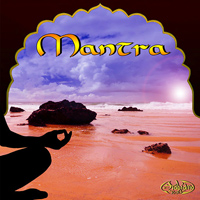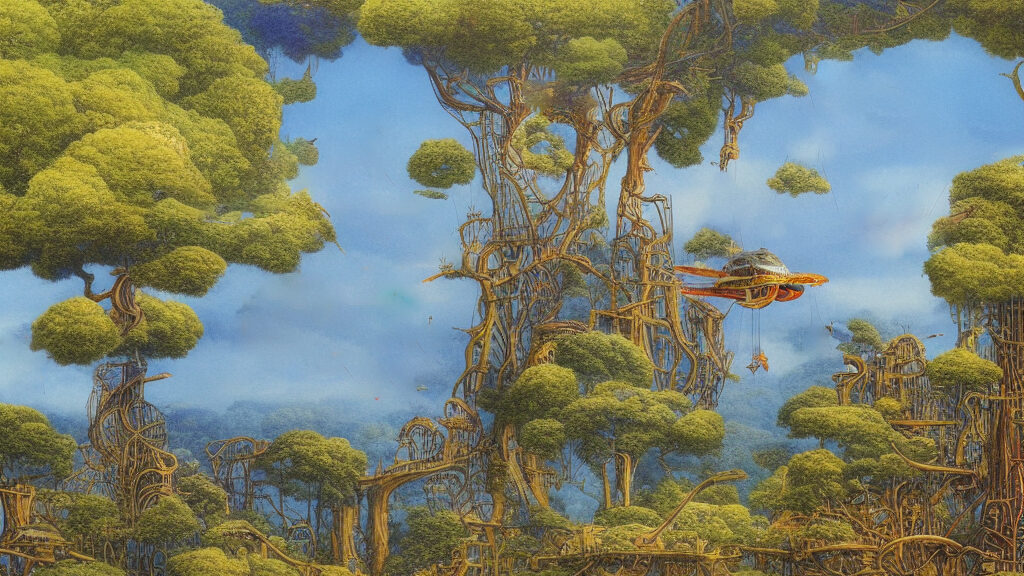
Based in Cadiz province, in southern Spain, Mantra was formed in 1977 from the ashes of a rock covers band led by Tato Macias Lamas. The line-up featured Juan Ahumada Caputto (from Sanlúcar de Barrameda) on guitar; Kiko Fernández on bass (from Los Barrios) and Tato Macias (from Puerto Real) on drums. This trio started composing the first pieces although they only played one concert before the band experienced its first changes.
José Antonio Ramírez Harana (from Sanlúcar de Barrameda), a friend of Juan Ahumada, joined the band as bassist, replacing Kiko.
At the time, Tato Macias was also a member of the rock trio Sombras. They had a gig in Puerto Real and their regular bassist couldn’t make it so they used Iñaki Egaña, Imán’s reputable bass player. Guitarist Tito Alcedo Gil was in the audience. He was a musician from Barbate (a fishing town in the Cadiz coast) who played in a dance band called Orquesta Trafalgar. He later met Tato in Sanlúcar and that’s how Mantra took form. The band started in 1978 as a quartet without keyboards, with Juan Ahumada, José Antonio Ramírez, Tito Alcedo and Tato Macias.
Mantra played its first concert in Puerto Real at a portable bullfighting ring. The bill also included Keops and prog band Cai. A few months later, Mantra performed at the former Cine Alameda in San Fernando together with Madrid-based prog band Azahar. After the concert, José Manuel Portela Ghessi (from Cádiz) approached the band and offered his service as a keyboardist. Portela was a former member of a band called Sur. He was just what Mantra needed so he was welcomed into the band. The quintet became the classic Mantra line-up.
The band rehearsed at a place in Puerto Real, but at the beginning of 1979 they moved to a country house owned by José Antonio’s aunt. They lived there together, composing and rehearsing feverishly. They had good times, living as a musical family with amazing results. Most of Mantra’s repertory was conceived during this stage.
Mantra played numerous concerts throughout the Cádiz area. They were restless musicians and wanted to do something very professional. That’s why they decided to record a demo. They contacted Cai, who had a house called “El Mosquito” in Pinar de los Franceses, in Chiclana. Cai offered its rehearsal space and equipment. A recording was made there, in a 4-track recorder, that was transferred to cassette. Unfortunately, the original reel was lost.
The five musicians traveled to Madrid in a Seat 850 (Spain’s equivalent to the Fiat 850) with the license plate SA-9997, owned by José Antonio. In Madrid, they made visits to various record labels, including Philips and EMI. They also met with producers such as Javier García Pelayo and the legendary Mariscal Romero, who interviewed them for Radio Madrid, playing a few cuts. Despite that, the musician’s returned empty handed from Spain’s capital and that led to a lack of motivation. The band was put on hold. Mantra disbanded in 1980.
In 1980, Tato Macias and Tito Alcedo continued to work together in a trio, joined by Cadiz bassist Alfonso Gamaza “el moderno.”
Tito Alcedo has had a brilliant musical career as a soloist. He was also the main guitarist for renowned Spanish singer-songwriter Javier Ruibal.
Tato Macías has worked with well-known Spanish acts, such as Lole y Manuel, Kiko Veneno, Navajita Plateá, Raimundo Amador and many more.
José Antonio Ramírez resurfaced recently as part of the Pink Floyd tribute Project called Eclipsed.
Mantra’s experience didn’t last very long, but it was intense and fruitful. Their music is an impeccable mix of Andalusian rock with Arabic and Indian sounds.
Get the album from http://www.arabiandrock.org/tienda.html
